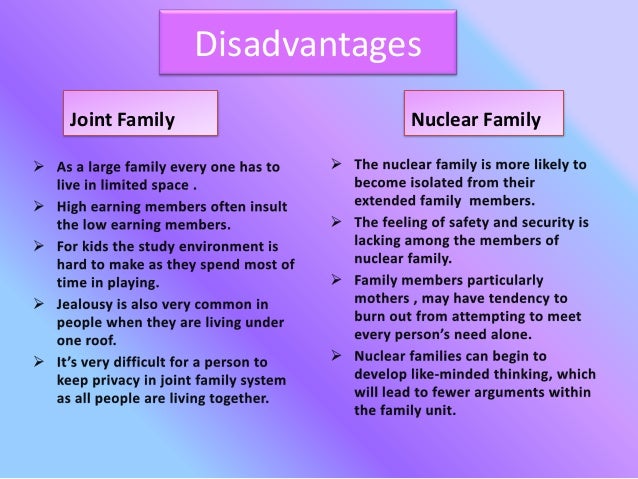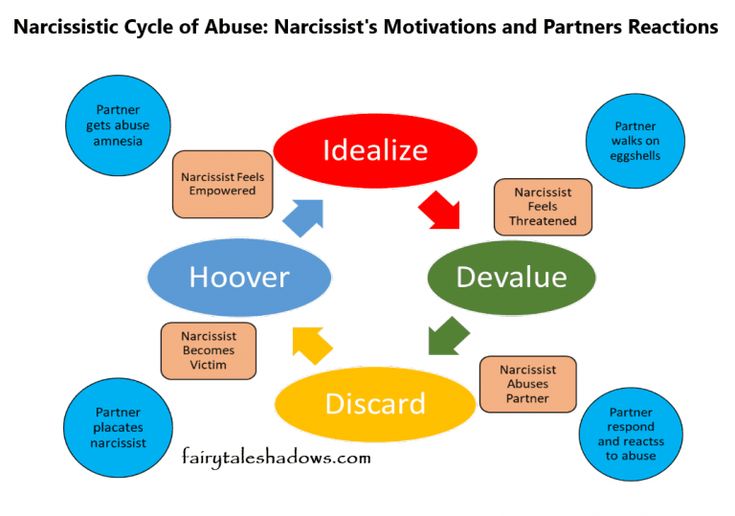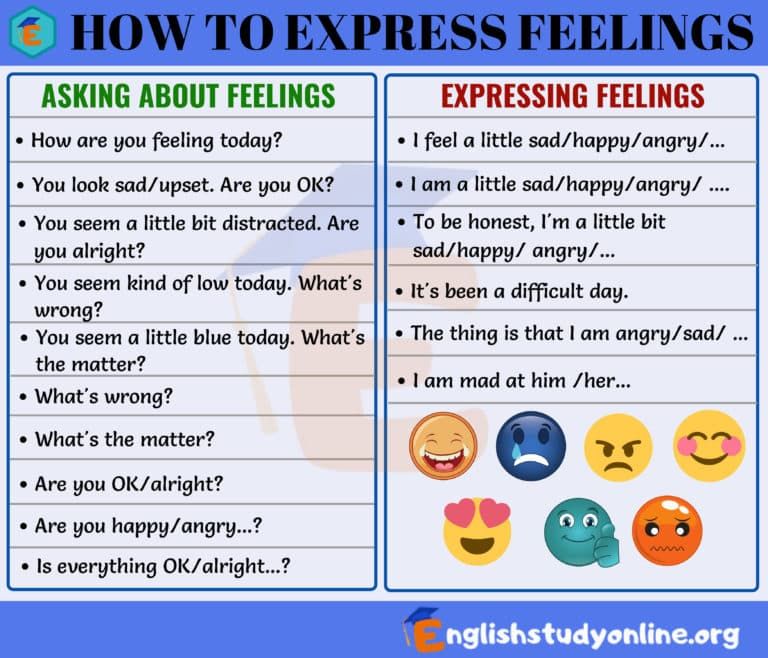What can jealousy do to a person
10 Things to Know About the Psychology of Jealousy
Jealousy is an intricate emotion. However, while the emotion is complex, it is also unbelievably common. It’s safe to say that all of us have felt some level of jealousy at some point in our lives. When someone is jealous they may be feeling a wide range of emotions, from anger, to skepticism, to embarrassment…and just about anything in between. In case all of this talk about feelings and emotions hasn’t made this clear enough, jealousy is entirely rooted in psychology. Let’s study this emotion a little more! Here are 10 things to know about the psychology of jealousy…
We may feel jealous when we feel threatened.Jealousy can be triggered by many factors. Perhaps the most common trigger is when someone feels a personal threat aimed at a relationship that they value. This threat comes from a third party and makes someone feel as if they are being replaced. Our brains commonly link jealousy to romantic relationships.
For example, a boyfriend who starts an argument when his girlfriend gets a text message from another man. Or maybe when we run into an ex and they have their arm around someone new. These are common triggers for a jealous person, but we can feel threatened in relationships that aren’t romantic as well. For example, friendships, coworkers, family members, etc.
Some people are more prone to jealousy than others. Psychological factors that may lead to a jealous personality type may include:
-low self esteem
-anxiety, moodiness, depression
-possessiveness-insecurities
-fear of abandonment
-codependency
-anxious attachment style
When someone’s personality is clouded by any or all of these factors, jealousy is likely not a foreign emotion for them. This can make it hard for them to have long lasting and meaningful relationships, both romantic and friendly.
The severity of jealousy can be dependent on mental health.
As we mentioned above, there are psychological disorders and conditions that can make someone more likely to be jealous. Within that, there are different levels of instability. A woman in her early 20’s with low self esteem may get jealous from time to time due to feeling inadequate. A man in his late 40s may lose his mind when his girlfriend starts texting a new male friend because of the fear of abandonment he developed when his mother left him at a young age. We all have things we struggle with but the way we acknowledge them determines how we show up for people.
Jealousy can save relationships.While jealousy is not always caused by something “real”, sometimes it is! There are times when jealousy should be suppressed and we should remove our personal feelings from the situations. But there are other times when our feelings of jealousy are letting us in on something. Feelings of jealousy could be a wake up call for a failing relationship.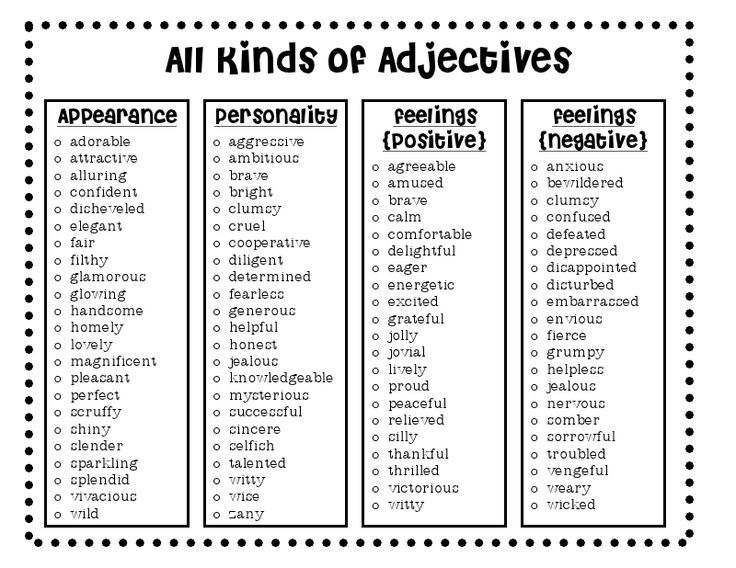 Perhaps we didn’t recognize that we were letting a partner, friend, sibling, or coworker down until we saw them finding what we offered them in someone else. Some experts claim that jealousy is a necessary emotion to feel because it motivates us to be better and maintain our important relationships.
Perhaps we didn’t recognize that we were letting a partner, friend, sibling, or coworker down until we saw them finding what we offered them in someone else. Some experts claim that jealousy is a necessary emotion to feel because it motivates us to be better and maintain our important relationships.
While sometimes jealousy can open someone’s mind and ultimately be helpful, it can also cause harm. Whether they are the jealous party, or they are getting the brunt of it all, jealousy can destroy a relationship. This situation arises when the jealousy is uncalled for. Often times jealousy creates problems that otherwise would not exist. For example, if there is no reason for actual concern. is the jealous person simply insecure?
Jealousy can also harm someone’s mental health. This often times happens when someone becomes far too obsessive about their jealousy issues. This can include stalking in person and/or online, judging others, obsessively being on their phone or computer, and more.
When someone is feeling jealous, their thoughts may become obsessive. These behaviors can exist on many different levels and can be damaging behavior for both parties involved. Becoming obsessively jealous can lead to someone monitoring someone else’s every move. From who they’re talking to, to where they are, to how they are acting and speaking. Someone in this frame of mind could also become violent. Did you know that jealousy is one of the leading factors in domestic violence? When there are a great deal of emotions involved, jealousy can become an even trickier emotion to deal with.
There is no “cure” for jealousy.Seeing as jealousy can be brought on by so many varying factors, there is no standard “cure” for the emotion. However, just noting that the emotion exists and it is clouding your brain is the most important part. Jealousy is normal and can be a tricky thing to navigate. Understanding why we felt triggered and uncovering the emotions leading up to it can be very constructive. When did I start feeling this way? Why do I feel threatened? Is there something missing? What parts of my personality are involved in this feeling of jealousy?
Understanding why we felt triggered and uncovering the emotions leading up to it can be very constructive. When did I start feeling this way? Why do I feel threatened? Is there something missing? What parts of my personality are involved in this feeling of jealousy?
While there is no magical cure, jealousy can be analyzed and likely avoided in the future. Reaching this point may include practicing mindfulness, therapy, challenging your negative thoughts, having intimate conversations, and being honest.
Men vs. Women.
As we’ve mentioned, we have all experienced some form of jealousy. Our psychological make up may make us more likely to feel jealous but the emotion does not pick an age, a gender, an ethnicity, or any other possible factors. The triggers for both men and women are the same – a fear of losing something valuable to them. However, some experts claim that women are more likely to feel jealousy more often. Experts claim that this is just because of a women’s ability to be more in touch with her emotions. Women tend to be more honest and more sensitive.
Women tend to be more honest and more sensitive.
While we may easily pair those two feelings, they are actually not synonymous. Both emotions promote similar feelings within us, but they exist on different planes. When someone is jealous, there is a third party threatening what they consider to be theirs. For example, your best friend met a new friend at work and now they are getting dinner together without you. Envy is an emotion between just two people. When you are feeling envious, you simply want what someone else has. This could be in terms of looks, money, work status, class, etc.
Animals can show signs of jealousy.In order for an animal to feel jealousy, they must have some level of cognitive ability to recognize the importance of the relationships in their lives. While we have always struggled with fully understanding the animal’s mind, we do know that they’re not too far off from us. While we cannot fully identify emotions in animals, jealousy is in fact thought to be a primal emotion. This means that on some base level, animals experience some form of jealousy. If you have dogs or cats, this probably isn’t crazy news to you. We’ve all seen our dog get unbelievably jealous when a new puppy arrives. But this is absolutely a series of emotions out in the wild!
While we cannot fully identify emotions in animals, jealousy is in fact thought to be a primal emotion. This means that on some base level, animals experience some form of jealousy. If you have dogs or cats, this probably isn’t crazy news to you. We’ve all seen our dog get unbelievably jealous when a new puppy arrives. But this is absolutely a series of emotions out in the wild!
10 Fascinating Facts About the Psychology of Attraction
10 Things to Know About the Psychology of Body Language
10 Things to Know About the Psychology of Personality
10 Most Affordable Counseling Psychology Online Programs
How to Not Be Jealous: 12 Tips and Tricks
Share on PinterestWe include products we think are useful for our readers. If you buy through links on this page, we may earn a small commission. Here’s our process.
Jealousy has a bad reputation. It’s not uncommon to hear well-meaning people say things like, “Don’t be jealous” or “Jealousy destroys relationships.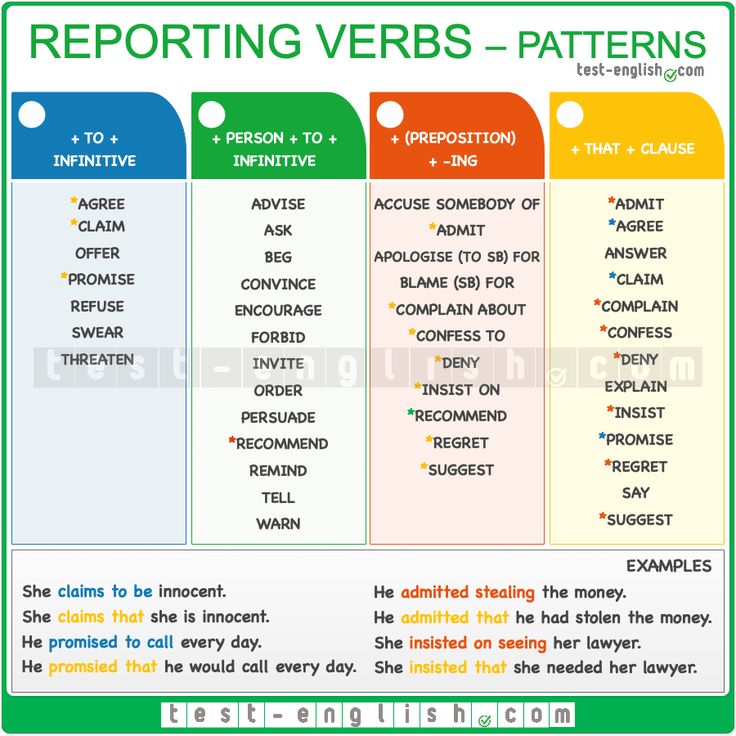 ” But what makes this emotion so bad?
” But what makes this emotion so bad?
While it’s often linked to romantic relationships, jealousy can come up whenever you’re worried about losing anything or anyone important to you. This is different from envy, which involves wanting something that belongs to someone else.
Jealousy can lead to feelings of anger, resentment, or sadness. But it can often tell you a thing or two about yourself and your needs.
Here’s a look at some ways to cope with jealousy and examine what’s at the root of your feelings.
“If you get that jealous twinge,” says Sarah Swenson, LMHC, “ask yourself what lies at the root of it. Then take steps to change what you don’t like in order to get what you want.”
Examining your jealous feelings can give you insight on where they come from:
- Your sister’s new relationship causes jealousy because you haven’t had much luck dating and worry you’ll never find the right person.
- Your coworker’s promotion makes you feel jealous because you believe you aren’t good enough at your job to get a promotion yourself.

- When your partner starts spending a lot of time with a new friend, you feel jealous because that was the first sign you noticed when a previous partner cheated.
Whether your jealousy stems from insecurity, fear, or past relationship patterns, knowing more about the causes can help you figure out how to confront it.
Maybe you have an open conversation with your supervisor about getting on track for promotion, resolve to try a different approach to dating, or talk to your partner about your feelings.
If your partner’s actions (or someone else’s actions toward your partner) trigger jealous feelings, bring this up with your partner as soon as possible.
Pro tip
Broach the topic of jealousy when you can both dedicate some time to a productive conversation. Whenever possible, try to avoid getting into a serious topic right before bed or when you’re about to head out the door.
Your partner may not have noticed the behavior, or they may not have realized how you felt about it.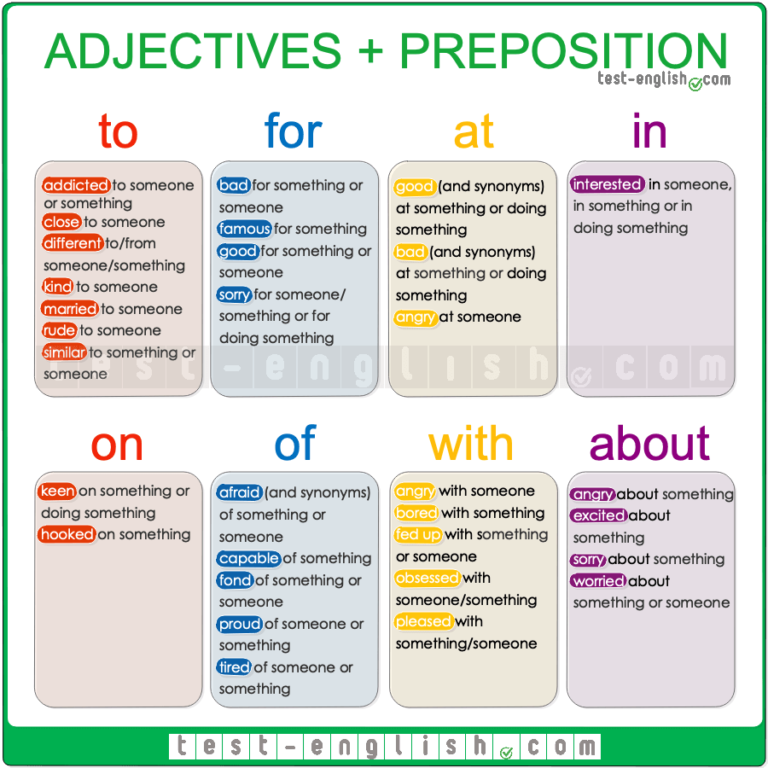 Use the opportunity to talk over any relationship boundaries you might want to revisit, or discuss ways to keep your relationship strong.
Use the opportunity to talk over any relationship boundaries you might want to revisit, or discuss ways to keep your relationship strong.
If you trust your partner but have doubts because of past relationship experiences, try finding a few ways you both can help improve the situation.
If you feel nervous about mentioning jealous feelings, try to remember they’re totally normal. Your partner might even have had some jealous feelings of their own at some point.
Jealousy can sometimes give you a slightly warped sense of reality. You might wonder if that nonverbal flirting you swear you saw actually happened.
Sometimes, voicing these concerns to a third party can make the situation less frightening and help you gain some perspective.
Jealousy can be a complex, strong emotion, and you might not feel very good when you’re dealing with it. But instead of thinking of it as something negative, try looking at it as a helpful source of information.
Jealousy, according to Swenson, tells you there’s a difference between what you have and what you want.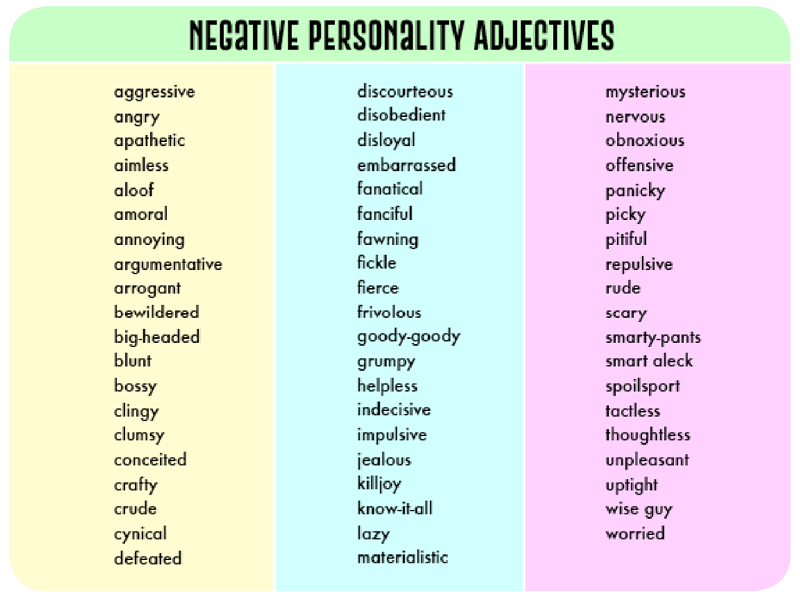
She adds that unchecked jealousy can turn into self-blame and create a cycle that keeps you feeling deprived. But you may be able to manage it by identifying it as helpful information that you can use to create circumstances in which your needs are met.
Jealousy sometimes develops in response to a partial picture. In other words, you might be comparing yourself and your own achievements and attributes to an idealized or incomplete view of someone else.
People typically display their best selves to the world, so it’s not always easy to tell what’s really happening in someone else’s life or relationship. Then there’s the whole issue of social media, which magnifies this concept.
But you never truly know what someone’s going through, especially when you’re just looking at social media.
Your college friend with the Facebook photos of her and her husband out in a meadow, looking so carefree and happy? For all you know, they argued all the way out there and they’re sweating bullets under all that matching plaid.
A little gratitude can go a long way. It can not only reduce feelings of jealousy, but also relieve stress.
You might not have everything you want. Most of us don’t. But you probably have at least some of what you want. Maybe you even have some good things in your life you didn’t expect.
This can help whether you’re eyeing your friend’s fancy new bike or wishing your partner didn’t spend quite so much time with friends. Remind yourself of your sturdy, reliable bike that gets you where you need to go. Consider the benefits of having a partner who appreciates the value of friendship.
Even appreciating positive things in your life that don’t relate to jealousy can help you realize that, while your life may not be perfect (but whose life is?), you’ve still got some good things going for you.
Coping with jealousy as it comes up won’t help you work through underlying causes. But it can help to keep the distress at bay until you can deal with the underlying issues.
Turning your attention away from jealousy can also help keep you from acting on your feelings (and doing something that could harm a relationship or friendship).
Take a break
Try these strategies to distract yourself from jealous thoughts before they become overwhelming:
- Write down what you feel.
- Take a walk.
- Give yourself space by leaving the situation.
- Take 10 minutes to do something calming.
Jealousy that persists and causes distress can sometimes relate to anxiety or self-esteem issues, explains Vicki Botnick, LMFT. “Learning how to deal with either issue can automatically help soothe jealousy.”
One way to approach low self-esteem involves identifying personal values, such as compassion, communication, or honesty. This helps, according to Botnick, because it lets you check whether you’re upholding these values in your daily life.
It also gives you a chance to notice your positive traits and review what’s important to you. This can increase your sense of self-respect and may help decrease distressing feelings of inferiority or competitiveness.
This can increase your sense of self-respect and may help decrease distressing feelings of inferiority or competitiveness.
Anxiety can have a range of symptoms that might be more difficult to address on your own. Coping techniques can help (find some tips here), but therapy can also be a good option.
Botnick also suggests trying an anxiety workbook like The Mindful Way Workbook.
It uses principles of mindfulness-based cognitive therapy to help you to:
- increase acceptance around anxious feelings so they don’t overwhelm you
- recognize unwanted or distressing thoughts so you can challenge and replace them
When jealousy prompts you to compare yourself to others, your self-worth can end up taking a hit. Your life might be pretty enviable to someone else, after all. But jealousy can make you feel like nothing you have is good enough.
Research exploring a possible link between jealousy and self-esteem found evidence to suggest jealousy can develop when you face a threat to your self-esteem.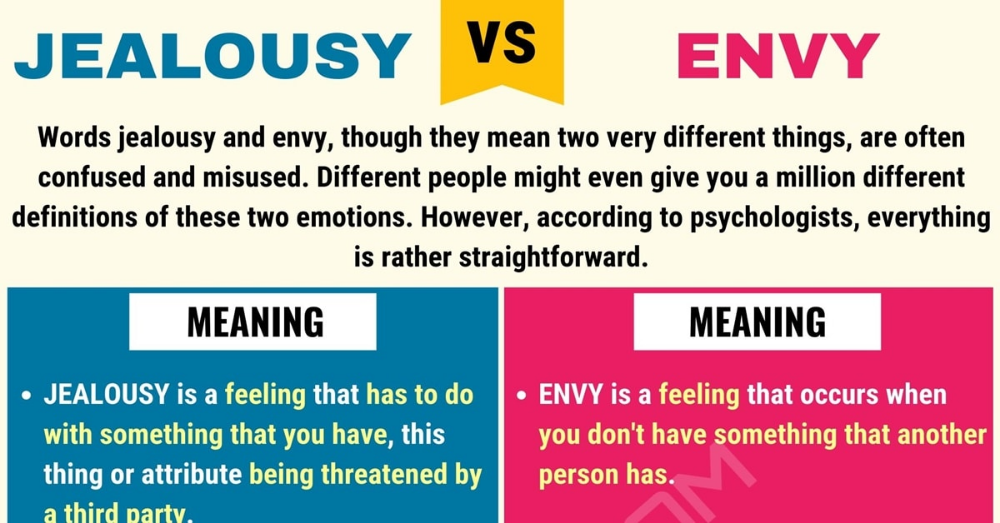
To combat low self-esteem:
- Remind yourself of things you do well.
- Practice self-compassion (in other words, treat yourself the way you would a close friend).
- Practice daily affirmations or exchange them with your partner.
- Remind yourself of the things you value in your partner and relationship.
- Make time to do things you enjoy.
Mindfulness techniques help you pay attention to your thoughts and feelings as they come up without judging or criticizing them. Increasing your awareness around jealousy can help you notice any patterns it follows, including things that happen before you feel jealous.
Mindfulness can also help you feel more comfortable with jealousy. For example, it can help you notice and accept your jealous feelings for what they are — part of your emotional experience — and move on.
Not judging the jealousy, or yourself for feeling it, can help keep it from affecting you negatively.
If you’ve experienced jealousy before, you probably already know that jealousy fades with time. It might feel less intense after you deal with your feelings, of course, but it can also lessen once whatever you felt jealous about is over.
It might feel less intense after you deal with your feelings, of course, but it can also lessen once whatever you felt jealous about is over.
According to research that looked at the experience of jealousy, people are generally more likely to feel jealous right before something happens, rather than after.
As time passes, you’re also less likely to feel the need to compare yourself or your circumstances to someone else. But the positive feelings you have stay.
So, while you might feel jealous as your best friend’s wedding date approaches, on the day after the wedding you might feel less jealous and more just happy for your friend.
If you’re having trouble coping with jealous thoughts on your own, talking to a therapist can help.
It’s not always easy to talk about jealousy. You might feel even more uncomfortable sharing these thoughts with someone you don’t know. But a good therapist will meet you with kindness and compassion.
Plus, they know better than anyone that jealousy is a normal emotion that everyone feels at some point.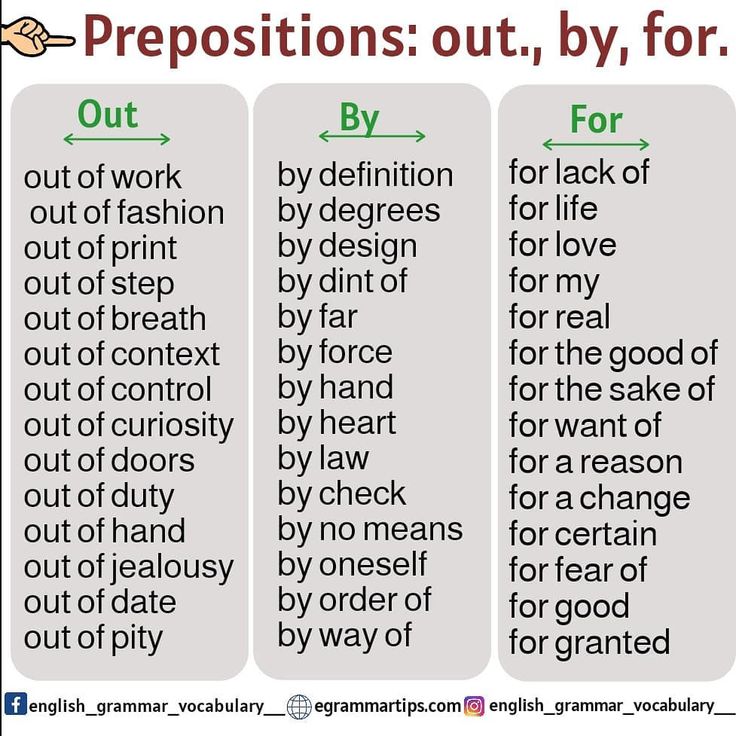
Botnick shares a few signs that suggest talking to a therapist could be helpful:
- Jealousy leads to obsessive or fixated thoughts.
- You notice compulsive behaviors.
- Jealous thoughts become uncontrollable or intrusive.
- You have violent thoughts or urges.
- Jealous feelings trigger problematic behaviors, like following your partner or checking up on them constantly.
- Jealousy affects your day-to-day life, prevents you from doing things you want to do, or causes other distress.
“If you constantly need to check out your social media feed, your partner’s phone, or what the people in line at Starbucks are wearing, then you can no longer be present in your own life, and that’s a problem,” Botnick concludes.
Jealousy can help you focus on who (and what) you care about. It doesn’t have to cause problems for you or your relationships. It can even help relationships become stronger in some cases. It all comes down to how you use it.
Online therapy options
Read our review of the best online therapy options to find the right fit for you.
What is jealousy and should we fight it?
Jealousy is an unpleasant feeling that is difficult to experience. It occurs when it seems to us that a loved one is paying attention and love to someone else. People strive to keep what is important to them, and with the help of jealousy they demonstrate to their partner his importance. But uncontrolled jealousy, especially its frequent outbreaks, can develop into anger, provoke feelings of guilt and lead to conflicts. In such situations, jealousy can become a reason that destroys relationships.
Understanding why we are jealous, do we need jealousy and when to fight it.
Who and why is jealous
Jealousy is a complex psychological phenomenon, an acquired reaction that we manifest in certain, different situations for each. The feeling of jealousy appears and develops in childhood.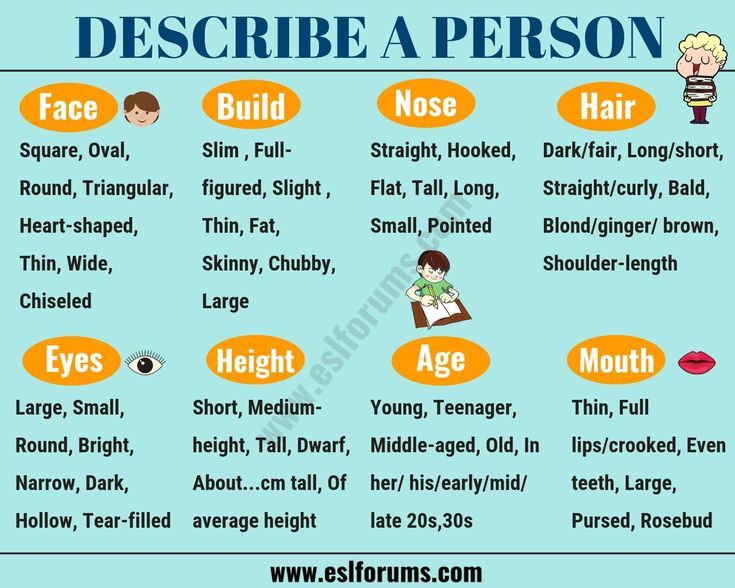 Children may be jealous of one parent for another, or a brother or sister for their parents.
Children may be jealous of one parent for another, or a brother or sister for their parents.
The first similar feeling the child feels when he is weaned. This feeling of resentment, injustice, rejection by the mother is a normal new experience, which will subsequently become the basis for feelings of jealousy. Teenagers are jealous of friends and lovers, and this feeling can completely absorb boys and girls with low self-esteem.
Jealousy manifests itself as a reaction to injustice, due to anxiety and feelings of helplessness, inability to express love or self-centeredness - rejection of other points of view than one's own.
Photo by Liane Metzler from Unsplash
For adults, the causes of jealousy are fear of losing the attention of a significant person, losing the attention and love of loved ones, as well as envy of someone because of his achievements, living conditions and other reasons. The main factor in the manifestation of jealousy is the feeling of a threat to something important, and the threat can be far-fetched. We are most jealous in romantic relationships.
The main factor in the manifestation of jealousy is the feeling of a threat to something important, and the threat can be far-fetched. We are most jealous in romantic relationships.
Why do we need jealousy
Jealousy is inherent in every person: evolutionarily it was fixed as a necessary reaction, because it helped us to survive. First, pain or sadness prevents you from acting quickly and accurately. Jealousy helps to overcome this, feel the threat and try to quickly solve the problem. Secondly, jealousy is part of the rivalry that man has faced for most of his historical existence. She helped compete for a sexual partner and other important and limited resources.
Features of competition have influenced the fact that female and male jealousy are different. The evolutionary significance of male jealousy is to protect oneself from raising someone else's offspring, which was not uncommon in conditions of polygamy. Since the male could not be 100% sure that he was spending his energy on raising his own cubs, jealousy began to manifest itself more strongly in relation to sexual infidelity.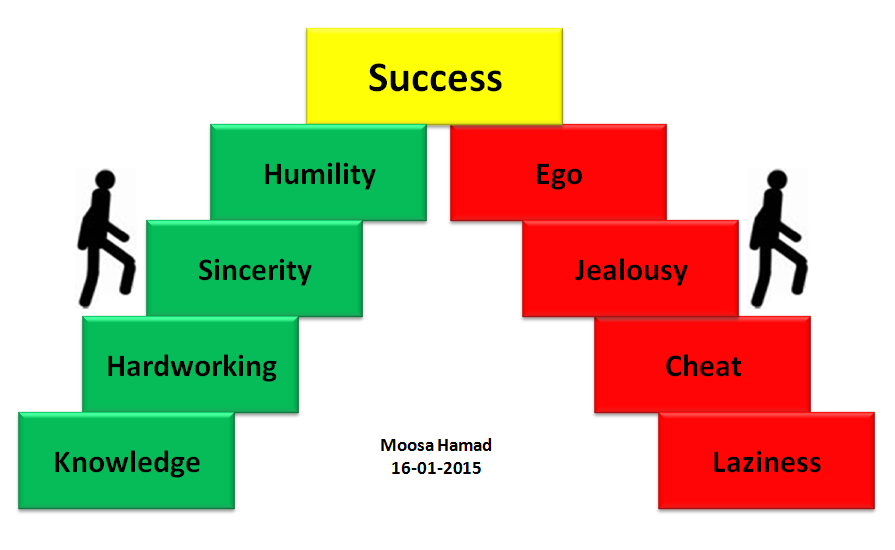
For women, the situation is different: the females tried to make sure that the partner would spend all possible resources only on her and her offspring. These resources should not have gone to others, because it was the key to survival. Therefore, female jealousy is stronger in relation to emotional betrayal, when the partner pays more attention to another woman.
Private practice psychologist Veronika Pivkina explains: “In psychology, no feeling is considered unimportant, even anger, sadness and jealousy are needed for something. They help us, but some of their manifestations may be socially unacceptable: in such cases, people may consider feel bad about it."
Jealousy helps us keep the couple, because we have always strived to leave more offspring. Culture and society offer us very different norms of behavior and values. In addition, jealousy can be viewed as a point for development: the manifestation of negatively colored emotions demonstrates our weaknesses.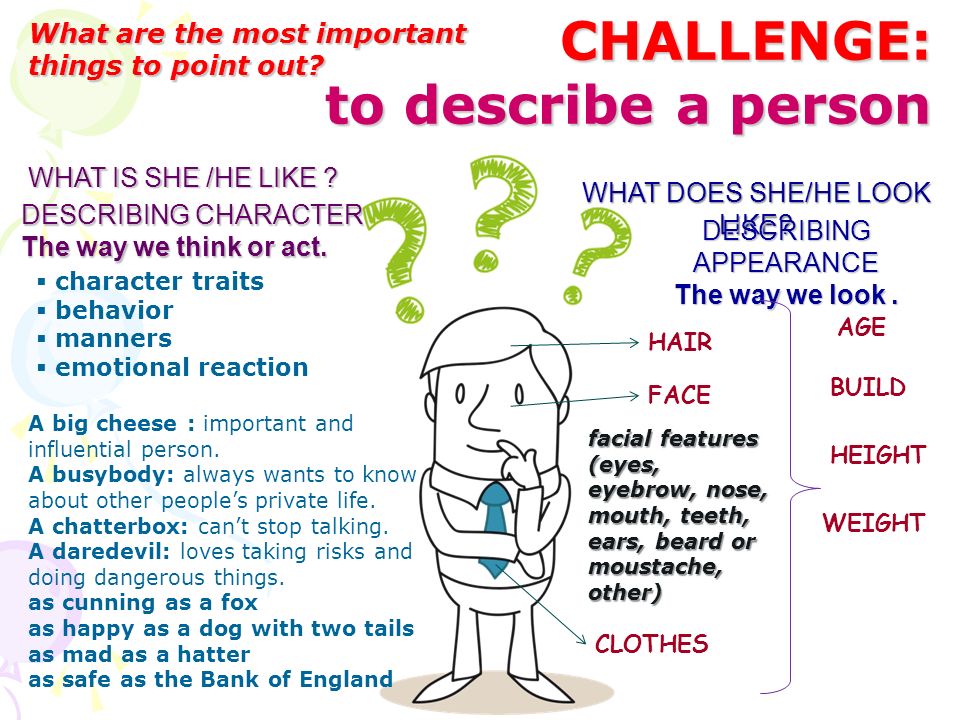 For example, one woman is jealous of a partner for another woman on the basis that she is more slender. This is due to internal complexes, and in order to solve the problem, you first need to work on yourself.
For example, one woman is jealous of a partner for another woman on the basis that she is more slender. This is due to internal complexes, and in order to solve the problem, you first need to work on yourself.
Unsplash photo of Priscilla Du Preez
Jealousy is inherent in everyone, and it is normal to feel it. This feeling has become ingrained in us for the sake of survival, since for most of our history we had to fight for survival. Now a woman is able to raise a child on her own, and jealousy for the sake of survival is not needed. Keeping a partner, no matter what, is no longer necessary, it is more important to build a comfortable and healthy relationship. Jealousy is worth accepting, but at the same time not allowing it to take control over you: strong and aggressive outbursts of jealousy destroy relationships and harm everyone.
Dealing with jealousy in a relationship
Uncontrolled manifestations of jealousy can destroy relationships, as they are often associated with aggression and humiliation of the partner's dignity.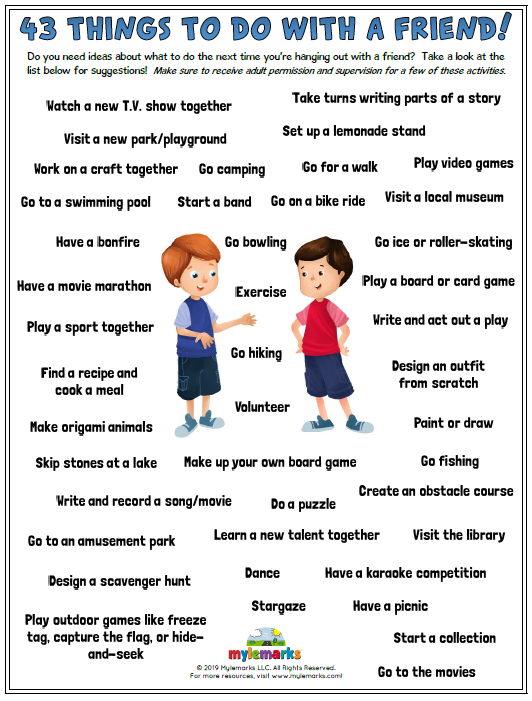 In a healthy relationship, this should not be the case.
In a healthy relationship, this should not be the case.
"A person may be afraid of losing a partner and not show jealousy openly. Then he torments himself by secretly checking his partner's things, reading his messages, begins to follow him. These are unhealthy manifestations of jealousy that exhaust a person. All the energy that could be spent on something useful and productive goes to jealousy," says Veronika Pivkina.
Read also: Gaslighting: what it is and how to deal with this type of psychological abuse
Build an open, trusting relationship with friends or a partner in which situations, feelings and problems can be calmly discussed. Silencing negative feelings is not an option, because over time it will result in an uncontrollable emotional outburst.
In order to avoid negative emotional situations such as outbursts of jealousy, partners must trust each other.
Veronika Pivkina tells how to work on feelings of jealousy:
"Work on relationships is, first of all, work on oneself for each of the partners.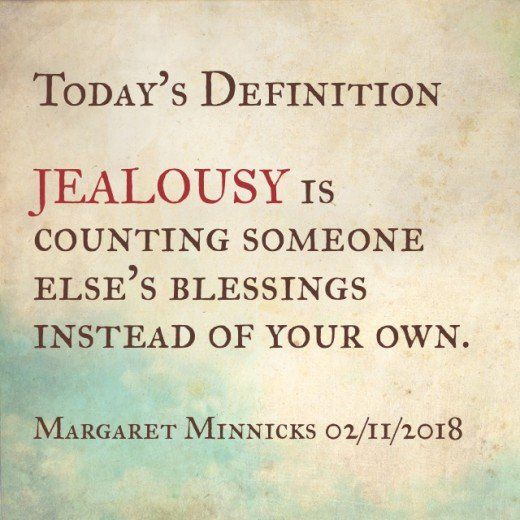 It is worth paying attention to self-esteem: if a person is not confident in himself, then jealousy will always arise in response to the fact that someone is next to the partner who seems better than himself. It is important not to start the problem to an acute state, because then it will be more difficult and time consuming to solve it. Of course, it is easier to work with a specialist: this way you can distinguish between perception errors in different partners, look at the situation with an open mind. But if a person feels that he is capable to cope on their own, then normal specialists only encourage such a desire.I believe that the work of a psychologist is precisely to give tools for overcoming the problem on your own.An open, confidential conversation with a partner in a calm tone can help with this.Inform him about about what's bothering you, when and why you felt jealous. Ask your partner to help you deal with the situation and emotions."
It is worth paying attention to self-esteem: if a person is not confident in himself, then jealousy will always arise in response to the fact that someone is next to the partner who seems better than himself. It is important not to start the problem to an acute state, because then it will be more difficult and time consuming to solve it. Of course, it is easier to work with a specialist: this way you can distinguish between perception errors in different partners, look at the situation with an open mind. But if a person feels that he is capable to cope on their own, then normal specialists only encourage such a desire.I believe that the work of a psychologist is precisely to give tools for overcoming the problem on your own.An open, confidential conversation with a partner in a calm tone can help with this.Inform him about about what's bothering you, when and why you felt jealous. Ask your partner to help you deal with the situation and emotions."
When Jealousy Signals Danger
Jealousy is often romanticized and associated with love.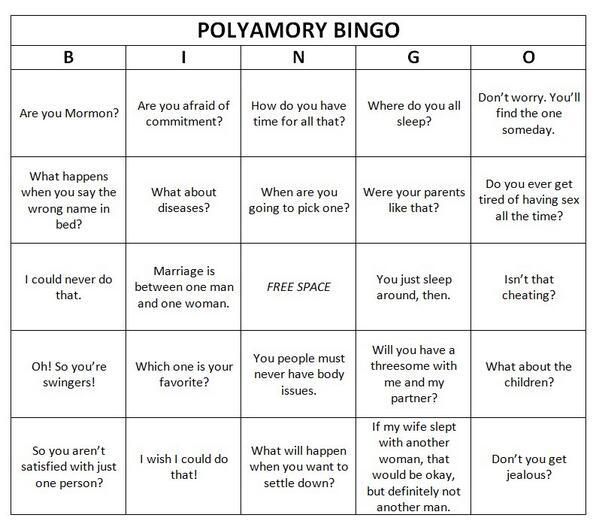 The feeling of love often accompanies the fear of losing it, but jealousy is not only a manifestation of such fear. Jealousy and love must be separated from each other. "Authoritarian, egocentric people are sure that there is their opinion and the wrong one. They want everything to be just the way they see it and consider it acceptable. If such an egocentric partner cheats and at the same time considers such behavior unacceptable, then he may think that the second partner "behaves the same way. This is projected jealousy, which helps him to transfer responsibility and calm his conscience: he attacks in order to reduce his feelings of guilt," the psychologist notes.
The feeling of love often accompanies the fear of losing it, but jealousy is not only a manifestation of such fear. Jealousy and love must be separated from each other. "Authoritarian, egocentric people are sure that there is their opinion and the wrong one. They want everything to be just the way they see it and consider it acceptable. If such an egocentric partner cheats and at the same time considers such behavior unacceptable, then he may think that the second partner "behaves the same way. This is projected jealousy, which helps him to transfer responsibility and calm his conscience: he attacks in order to reduce his feelings of guilt," the psychologist notes.
Sep photo from Unsplash
Projected jealousy may indicate that you are in a toxic relationship. Such relationships bring you emotional pain, deplete internal resources, negatively affect self-esteem, prevent you from realizing your goals and interfere with personal growth.
Toxic relationships and projected jealousy often escalate into abuse. An egocentric partner ignores, scandalizes, insults, tries in every possible way to ruin life, or even beats. In such situations, talking will not help, and it is better to step back as soon as possible. It is not always possible to cope with the actions of such a partner on your own, so do not be afraid to ask for help, at least contact your friends or relatives for support.
If you encounter partner aggression, then call the hotline of the psychological support service in crisis situations: 8 (7172) 38-03-06. Psychological support is provided by professional psychologists of the service who have undergone special training. Working hours: Monday - Friday from 9.00 to 18.30, Saturday - from 10.00 to 13.00.
If you are in danger, call the emergency number 112 or call the police directly on 102.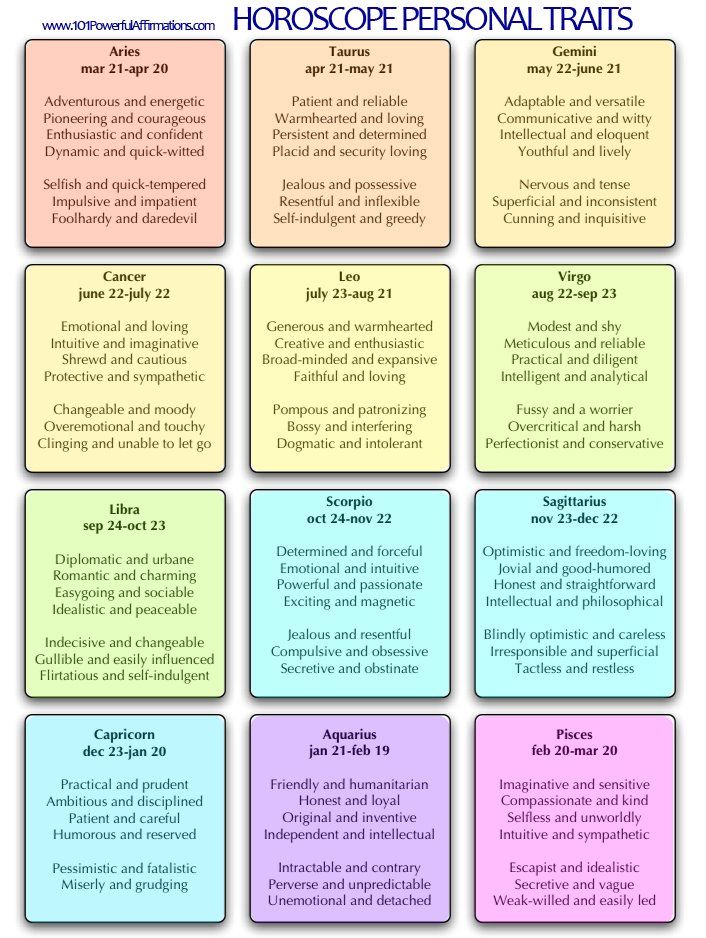
No one has the right to mock another person: neither physically nor morally. Any manifestations of aggression or humiliation of your dignity is an alarm signal. Do not bring the situation to serious consequences.
Jealousy can give rise to outbursts of aggression when a person is not able to control himself. On the basis of such emotions, crimes are committed, and in some cases, experiences develop into paranoid delirium of jealousy - one of the manifestations of schizophrenia or a mental disorder as a result of alcoholism. In this state, a person is dangerous to others. In forensics, jealousy is considered one of the motives for domestic crimes.
Jealousy: why we feel it scientifically
This also includes negative experiences from childhood. For example, parents paid more attention to the younger child, and the older child felt a lack of warmth and love. Then, in adulthood, the elder will look for this warmth and love in other people - and, most likely, be jealous.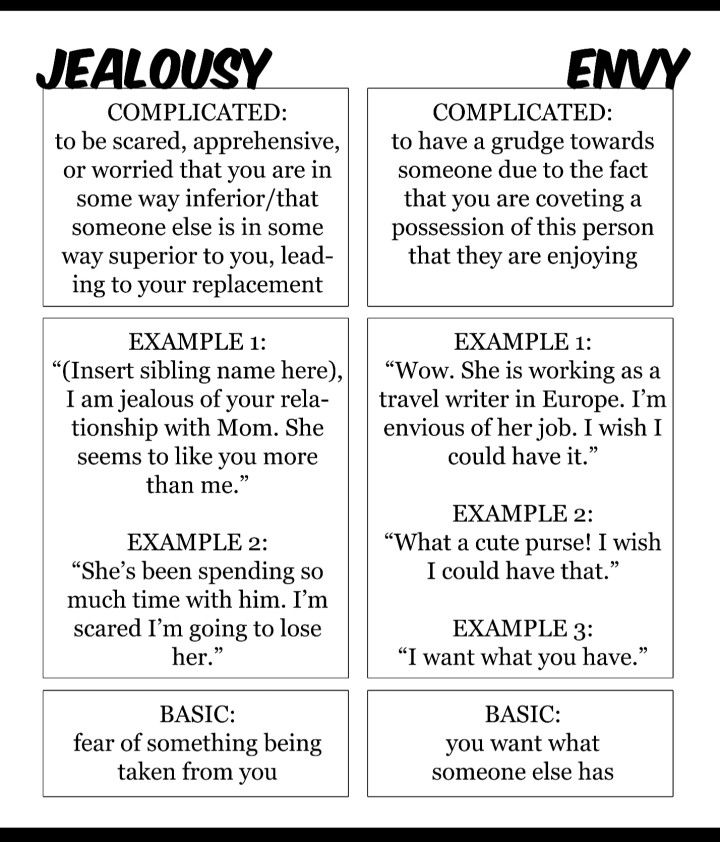 The modern psychoanalyst Peter Kutter also speaks of this. He relates the origin of jealousy to the trauma of the rejected child. No parent can absolutely always be caring (this is normal). Depending on how strongly this lack of attention was felt in childhood, an adult will be more or less jealous.
The modern psychoanalyst Peter Kutter also speaks of this. He relates the origin of jealousy to the trauma of the rejected child. No parent can absolutely always be caring (this is normal). Depending on how strongly this lack of attention was felt in childhood, an adult will be more or less jealous.
Own projections
This is the paradox reason. If a person cheated or thought about cheating, he may begin to suspect his partner. After all, “such a thought crept into my head - where is the guarantee that a loved one does not have such thoughts?” This is also called "judge for yourself."
Idealistic attitude
"In order not to be disappointed, one should not be enchanted." When in your imagination you draw beautiful pictures of how “it should be”, in reality something will definitely not suit you. Simply because the partner cannot get into your head and understand what you are waiting for. And it will seem to you that you are not getting enough love, attention and care from a loved one.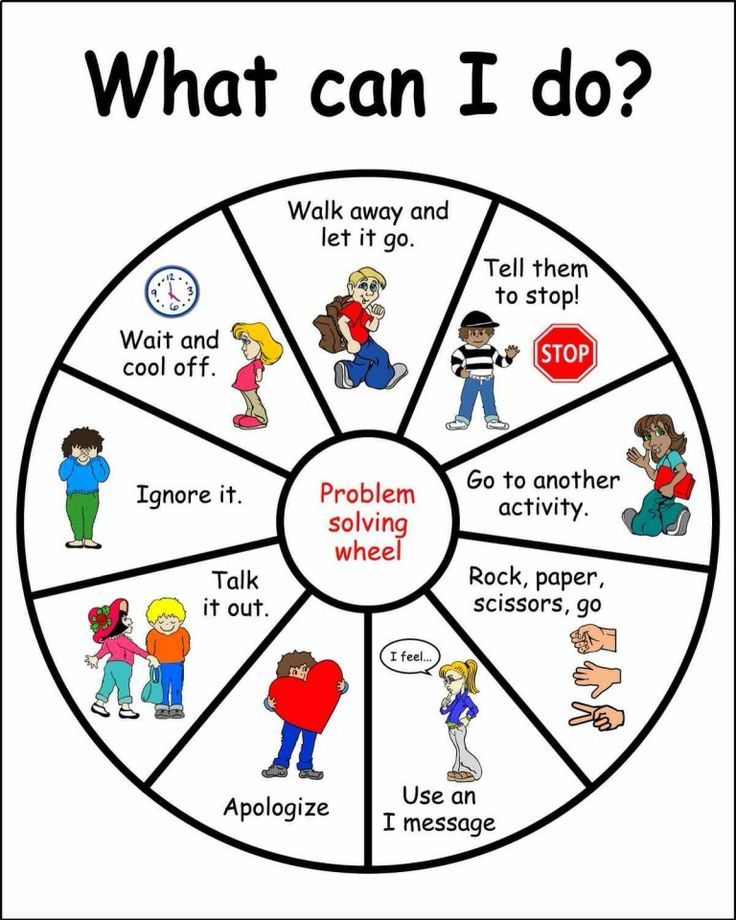
Treating people like property
It seems that there is no need to explain anything - another person cannot completely belong to you. This should not be forgotten. Jealousy also arises on the basis of the fact that someone else "uses your loved ones." But people are not things to be used and divided like property.
Dependence on a partner
Both emotional and material dependence are considered here. If your whole world revolves around one person, then, of course, it will seem to you from time to time that his attention is not enough. If your mood depends on your partner and only - you will acutely feel any changes in the moral state of your loved one. But addiction, as you know, is a pernicious thing.
Jealousy must be fought, but only if it is excessive and unreasonable. Such a phenomenon leads to resentment of a loved one - instead of bringing him closer to us, we push him away. I like the discussion of the existential psychologist, psychiatrist, neurologist and philosopher Viktor Frankl on this subject: he doubted his loyalty. Of course, loyalty is one of the tasks of love. But this is always a task only for the one who loves, and can never be a demand directed at a partner.
Of course, loyalty is one of the tasks of love. But this is always a task only for the one who loves, and can never be a demand directed at a partner.
“Of course, loyalty is one of the tasks of love. But this is always a task only for the one who loves, and can never be a demand directed at a partner.
Talk to a loved one
The partner is sure that he does not give reasons to doubt, but the “reasons” are different for everyone. Then it is worth discussing your jealousy with a loved one. Explain that in your understanding this very “reason”, what reasons may actually be hidden behind your jealousy. It is important here to talk about your feelings, and not to make accusations to your partner. Sometimes a loved one simply does not understand what is happening and why. You may be able to deal with jealousy together—not alone.
Getty Images
Stop spying
Social media surveillance also counts. Worse than simply excessive and unreasonable jealousy can only be unreasonable jealousy, which you are trying to find grounds for in social networks, in personal correspondence of a partner, or anywhere else.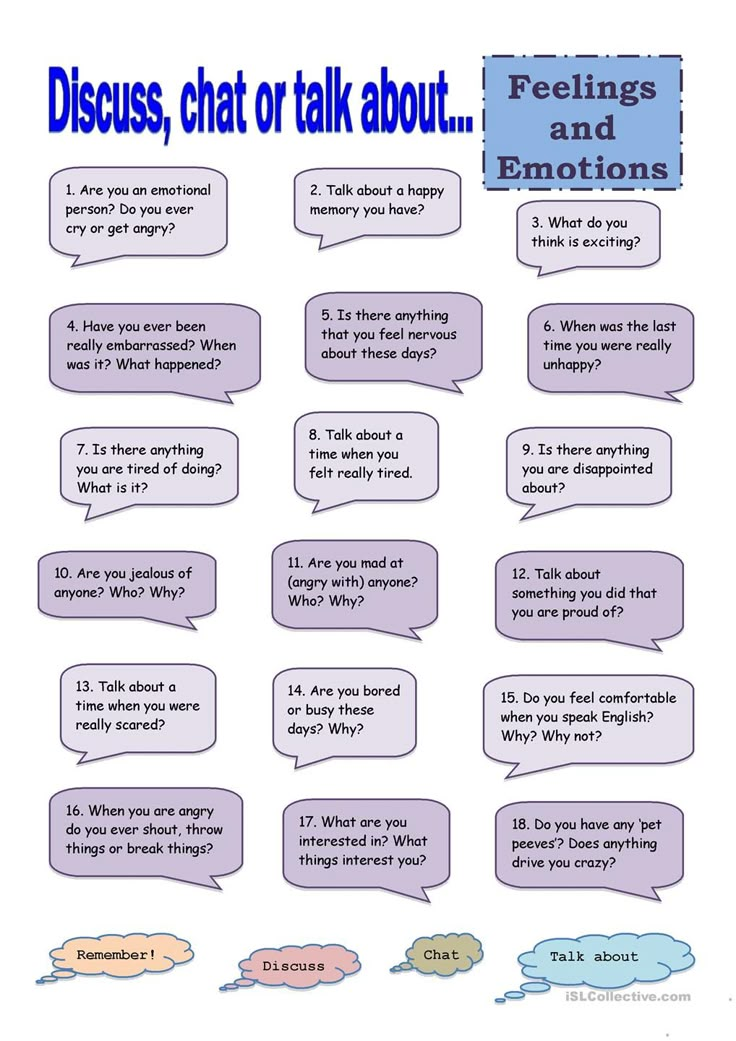
Work on self-esteem and love yourself
When you are passionate about your life, satisfied with it and developing in different directions, you have no strength, time and desire to think about potential betrayal by a loved one. In addition, in this case, you are not in an unhealthy dependence on a partner - you have a job, a hobby, business. And when you are confident in yourself and in the person who is nearby, why be jealous?
Get rid of jealousy
And stop thinking so damn much! “Thinking too much is bad” is one of the most valuable and at the same time underestimated phrases that have ever been said to me. Start by understanding the reasons for your jealousy. It’s even better to write them down on paper or in your phone notes. When you see the reasons for unreasonable jealousy , it will become easier to explain to yourself why being jealous in this case is useless and groundless. In addition, if you detail your experiences and describe the reasons for jealousy, it will become clear whether this feeling is justified or unreasonable.